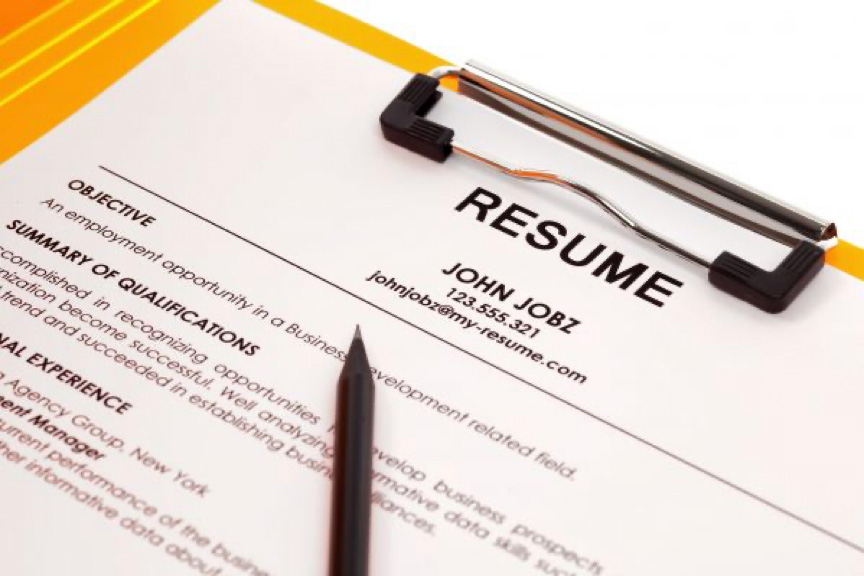Your resume impressed the managers and now you’re scheduled to return for an interview. Reviewing commonly asked questions promotes confidence and assurance when interviewing. Be prepared to give proficient and well thought-out answers, highlighting skills that match the job position. Allow room for creativity, knowing you may be asked more questions than expected. After reading the questions below, I invite you to rehearse with family and friends until you are confident for your big day.
10 COMMONLY ASKED INTERVIEW QUESTIONS
1. What are your career goals in the upcoming years?
The idea is to share a career goal(s), and the steps your taking in achieving them. Having long-term and short-term goals, paints a picture of your aspirations and professional ambitions. Companies like individuals who are motivated and goal oriented, who are an asset to their team.
2. Did your previous employer have any areas that needed improvement?
The focus is the ability to identify potential problems, offer innovative strategies, and implement new solutions accordingly. This is a great opportunity to highlight your leadership skills, as well as ideas that were successful for you in the past.
3. Can you describe a situation that was challenging, and explain how did you handle it?
Discrepancies are bound to occur, yet how we handle the issue makes all the difference. Think outside the box and get creative when pondering different resolutions. Perhaps you can share of a scenario when you went beyond your job duties to assist a client who was upset with the information he received. You gathered additional resources, made phone calls, printed reference articles for the client. The client was pleased with your service and decided to purchase another product. This scenario shows flexibility, dedication, and leadership skills in part of the employee.
4. What are looking to gain from our company?
This is a tricky question. Don’t want to focus on pay, but rather mention other positive attributes of the company such longevity and opportunities for growth. Be open and express some qualities you see would be beneficial for working in such an organization.
5. What are your strengths related to this position?
The employer wants to know what you have to offer. Why they should choose you over the other candidates? Review the job description, and mention keywords that match your skills and abilities. Highlight on attributes you possess which pertain to the position at hand. For example, if you are applying for a customer service role, mention you have great people and team player skills. Sharing previous work history, internships, and credentials is also a plus.
6. What are some areas you are looking to improve?
My recommendation is to share an attribute that can be tolerated by colleagues. These should be traits which can be overlooked. For example, you may need to become more proficient in another language (e.g. French or Spanish), would like to master a software program (e.g. Excel; that is if you are not applying for a computer position), or would like to make time for hobbies, etc.
7. Why are you leaving your current employer?
The company is curious as to why you chose to resign from your previous employer. If it’s related to pay the manager may question commitment, and longevity from your behalf. Other alternatives to mention include lack of benefits from your previous employer, and the financial security of having a full-time employment opportunity.
8. What interests you in applying for this position?
In other words, why did you choose this company from other employment opportunities? This is a great time to express your passions in the job role, and qualities that make you the perfect fit for the job role. Be specific by stating features that made this company stand out from the rest. For example, the length of time the company has been in business, or the professional assistance you’ve received from day one when you submitted an application.
9. Are you willing to relocate if needed?
It’s important to show flexibility and openness to change. This may never be required by the employer, but it provides a clue on how the individual responds to change. Be honest and share your limitations. Perhaps you are flexible and willing to relocate, yet only within the same state or county. Most companies will value your desire for a fair compromise, and put into account your honest response.
10. Do you have any questions for me? Be prepared to ask questions. This shows eagerness and interest in part of the potential candidate, to learn more about the company. Also, it speaks your standards in selecting a stable occupation, and our professional confidence when considering a position. This is a good time to inquire on company benefits, scheduling, and job expectations.
These are the top ten commonly asked interview questions. There may be lots more, so be prepared! I encourage you practice answering these questions over and over agin, until you feel confident for your interview. Wishing all the best on your big day!











